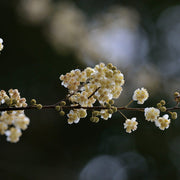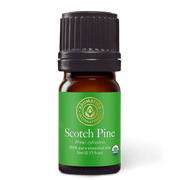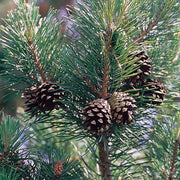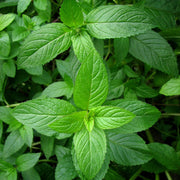Spring is right around the corner!
A return to longer light and sunnier days fills us with that fresh-start feeling! It’s the perfect time to give your home a new shine.
If you haven’t tried making your own natural cleaning products yet, there are so many good reasons to start! Essential oil cleaning products smell amazing, support your health, reduce your exposure to harsh, synthetic chemicals, and help protect the planet.
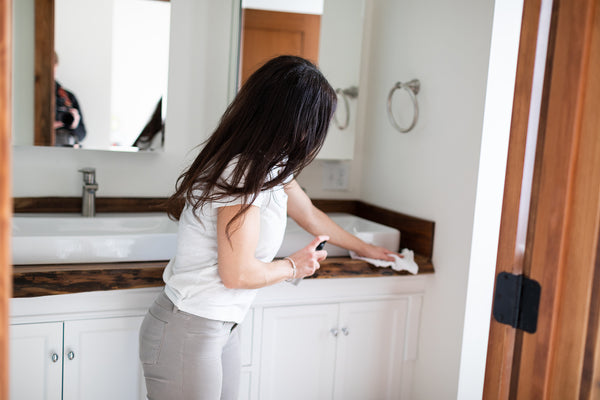
You can make natural cleaning recipes for every room in your house with just a few core essential oils and simple supplies you probably already have in your kitchen (like white vinegar, olive oil, baking soda, etc).
While many essential oils can help get rid of germs and microbes, we’ll make it easy by sharing our top 5 cleaning classics.
One great thing about these oils is that they’re versatile. An oil that can help clean your kitchen, can also work in your bathroom, to freshen your indoor air, and more. And they all work best when combined with tough germ-fighting ingredients like high-proof alcohol and Castile soap.
What makes an essential oil good for cleaning?

The right essential oil can have powerful properties that, when mixed with water, alcohol, or Castile soap, make it ideal for cleaning purposes. Even a few drops of some of our favorite essential oils have cleansing properties that can help to remove dirt, germs, and odors from surfaces. They also provide a pleasant scent that is much more subtle than cleaning supplies filled with harsh chemicals. When looking for essential oils for natural cleaning, it’s important to find one that has the properties you need for the job at hand—for example, if you’re trying to get rid of odors, use an essential oil with strong antibacterial properties.
Top 5 best essential oils for natural cleaning

1. Thyme ct Thymol Oil
Latin name: (Thymus vulgaris ct thymol)
Thyme may be a common kitchen herb, but its thyme oil is so potent against germs that it was used in field hospitals in WWI. This is due to its main chemical component, thymol, which has been well researched. Plus, thyme ct thymol has a lovely herbal aroma that makes your home smell fresh and clean!
2. May Chang Oil
Latin name: (Litsea cubeba)
May chang is an oil from India with a lemony-sweet aroma. It’s rich in aldehydes, giving it a potent effect against a variety of microbes, but it can also be harsh on skin. Undiluted essential oils have strong cleaning properties, but that power can be a double-edged sword. Be sure to dilute it well in your house cleaning recipes if they’ll come into contact with your skin.
3. Lemongrass ct Rhodinol Oil
Latin name: (Cymbopogon citratus ct rhodinol)
Lemongrass essential oil is famous for its purifying effects, especially when it comes to preventing fungi and mold from collecting on surfaces. This chemotype of lemongrass has a soft, rosy aroma, and won’t irritate your nose and skin like “classic” lemongrass sometimes can.
4. Scotch Pine Oil
Latin name: (Pinus sylvestris)
There’s a reason so many cleaning products are scented like pine! Of course, conifers smell amazing—but most of them, including Scotch pine, are also incredible at decreasing the presence of microbes. (That’s also what makes this essential oil popular during cold season.)
5. Peppermint Oil
Latin name: (Mentha × piperita)
A classic essential oil for natural cleansing! Peppermint’s crisp, minty scent makes your home smell pristine. And its menthol content makes it one of our top choices for purifying the whole house—especially in an air freshener like a room mist and a diffuser blend.
Ready to go green, but not sure where to start?

Get our free natural cleaning guide. We’ll walk you step by step through which high quality essential oils to use, how to make water-based cleaning products, how to include high-proof alcohol in your recipes, ensuring your products are safe to use around kids and pets, and more!









